Be.EV spend £1m creating ultra-rapid EV hub in Greater Manchester
Manchester’s Sale Water Park will be the site for a new charging hub in a £1million deal with electric vehicle (EV) charging network Be.EV.
The 16 ultra-rapid charger bays will go live at the 152-acre parkland and lake in August, making it the largest ultra-rapid charging hub in Greater Manchester.
It’s the latest project in Be.EV’s wider collaboration with Trafford Council, which has already seen more than 41 chargers go live across the region.
The site will be equipped with Kempower chargers that can intelligently distribute energy supply between vehicles according to capacity and demand - meaning if one car reaches the maximum amount of power on one charger, any residual energy supply can be reassigned to another vehicle connected on-site.
Located two minutes from the M60, the site will be able to charge more than 380 cars on any given day.
The council will retain ownership of the site and the chargers will be owned, installed and maintained by Be.EV, who will provide Trafford Council with a share of the site's profits.
Cllr Aidan Williams, executive member for climate change at Trafford Council, said: “Becoming home to the largest ultra-rapid charging point in Greater Manchester shows how serious Trafford is about electric travel.
“Ensuring the charging infrastructure is in place is a key component in making electric vehicle use a viable option for people in the borough.”
Bonnet adds Ubitricity to exceed a quarter of a million chargers
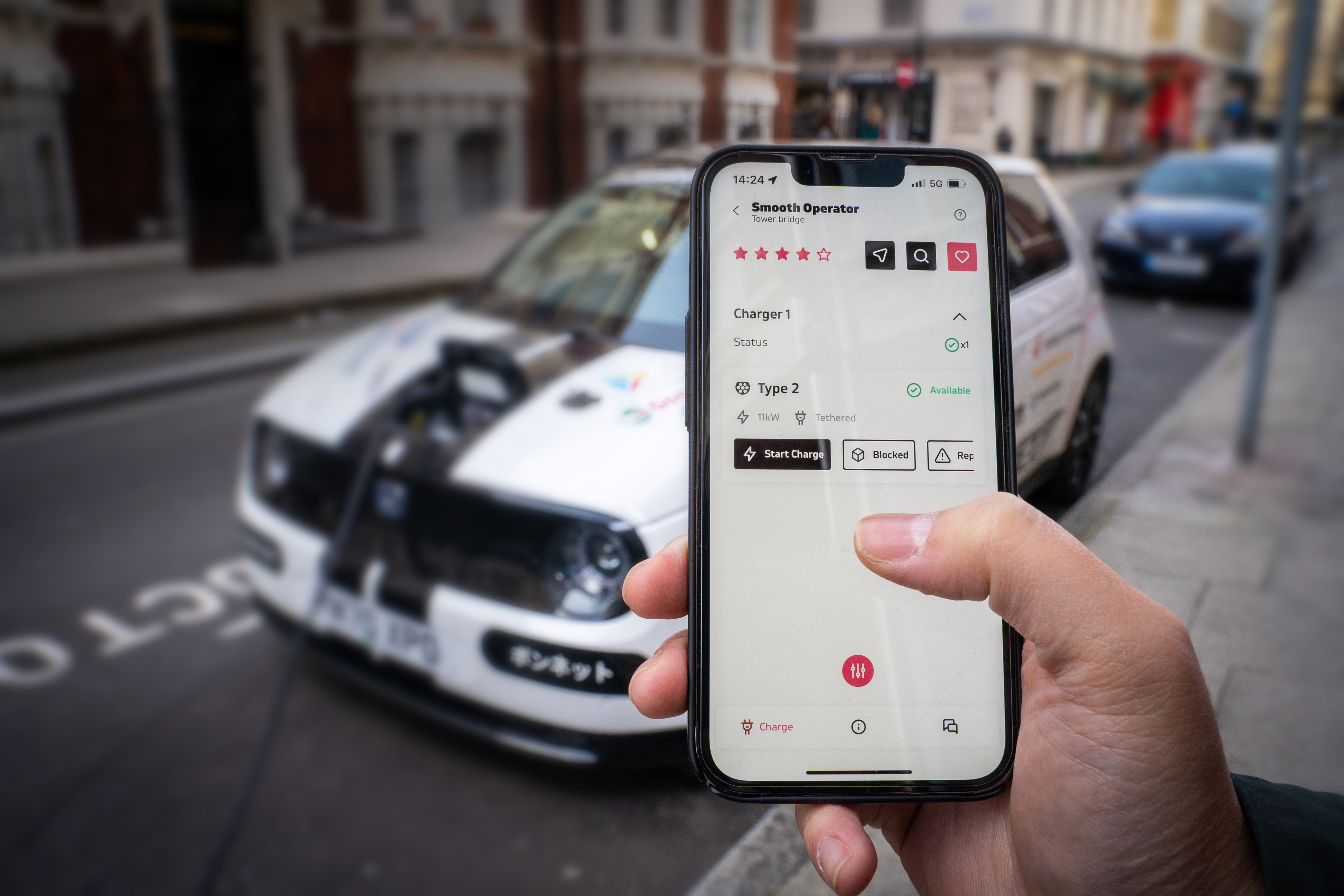
Bonnet has partnered with Ubitricity to add more than 7,000 new locations to its network.
The signing of Ubitricity comes on the heels of Bonnet also adding the German-based charging network EnBW to its network - making a further 5,000 locations available in Germany.
With the new addition of Ubitricity and EnBW, Bonnet users now have access to more than 40 networks and in excess of 260,000 charging devices spanning the UK and Europe - which represents a near 180% increase in Bonnet’s coverage since January this year.
Ubitricity, which is a wholly owned subsidiary of Shell, operates lamppost chargers across the UK, Germany and France.
Patrick Reich, CEO and co-founder of Bonnet, said: “It is a huge moment for us to hit quarter of a million chargers on Bonnet’s network and is the result of the huge effort of our team and collaboration with our partners.
“We are thrilled that Ubitricity, as the UK’s largest charging network, has joined us from today and we really look forward to working with them.
“At Bonnet we are working around the clock to make charging up as easy as possible - removing the need for multiple apps - and the inclusion of leading networks like Ubitricity, whose chargers are accessible on-street, is one way we will deliver this mission.”
ATS white paper tackles fleet misconceptions around EV Adoption
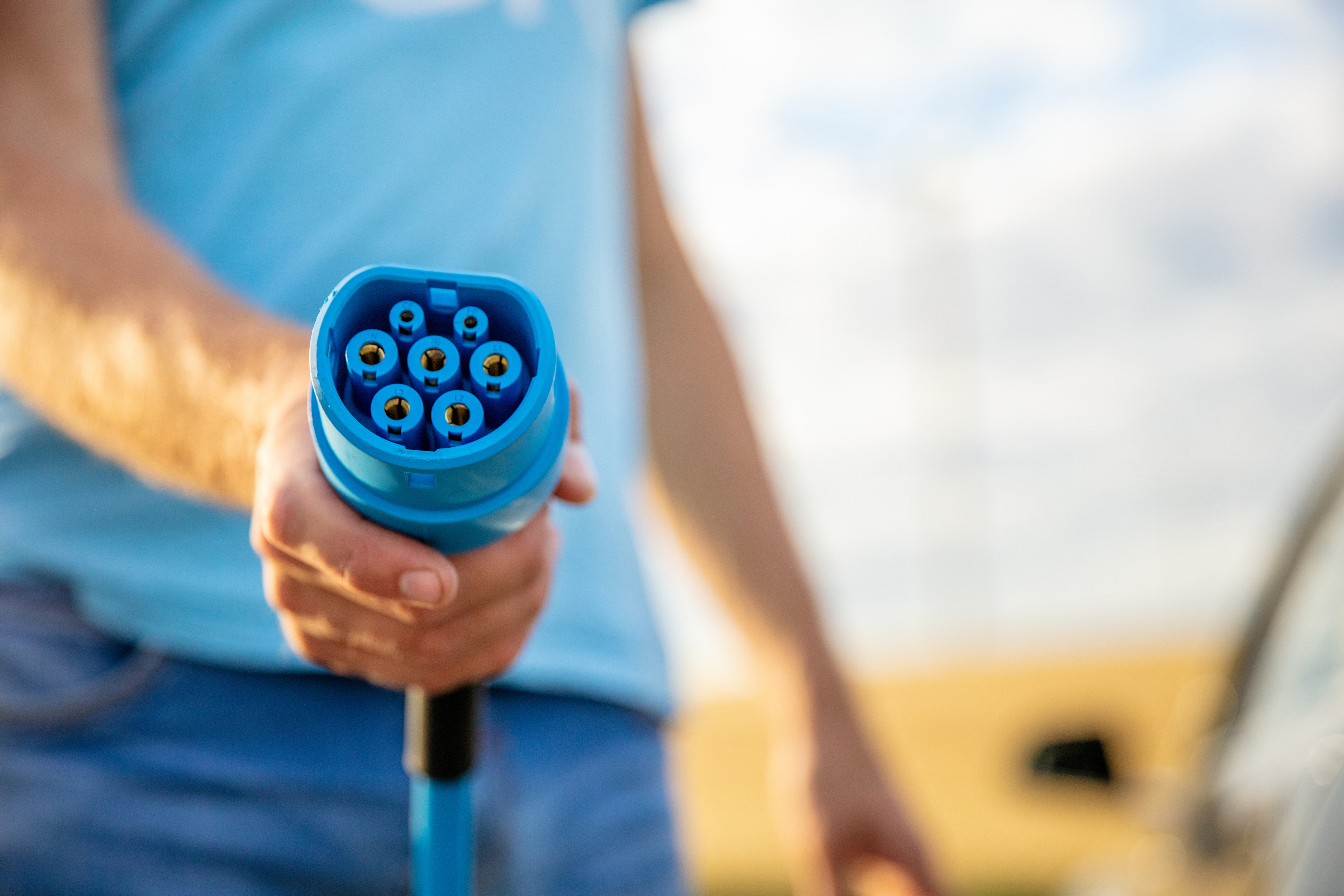
ATS Euromaster has published a new white paper with the aim of unpicking many of the myths and misconceptions surrounding electric vehicles (EVs) on fleet.
Called EV Mythbusters, ATS Euromaster has engaged the views of experts in the electrification field to provide a more balanced perspective on fleet electrification as the sector continues to grow.
Jason Chamberlain, sales director at ATS Euromaster, said: “We fully support the move to electrification but there appears to be a high level of misconception disseminated at the moment.
“This white paper shines a light on the myths to get to the truth about EV suitability, such as EV battery degradation and appropriateness of commercial vehicles for electrification.”
The white paper takes a look at the myths surrounding service, maintenance and repair (SMR), battery degradation, commercial vehicle fleet suitability, and EV residual values, and provides straightforward answers to the many uncertainties of electrification.
Fastned opens St Alban’s charging station

Fastned has opened its first ultra-rapid electric vehicle (EV) charging station in St Albans.
Based at Griffiths Way Retail Park in the heart of St Albans, the new station has a number of facilities for customers to enjoy while they charge, ranging from a Costa Coffee, to B&Q, and Aldi stores.
All six charging bays, which will be fully operational from launch, are supplied by 100% renewable energy and capable of adding up to 300 miles of range to fully-electric cars in 20 minutes.
Tom Hurst, UK country manager for Fastned said: “We are excited that drivers in St Albans can now benefit from the city’s most powerful EV charging station, provided by Fastned, the UK’s best-rated EV charging operator.
“This is our first station in Hertfordshire and we look forward to welcoming drivers to our highly visible, easy-to-use ultra-rapid charging site.”
The launch is Fastned’s 15th in the UK and 270th in Europe.
Gridserve named ‘most reliable’ charge point operator
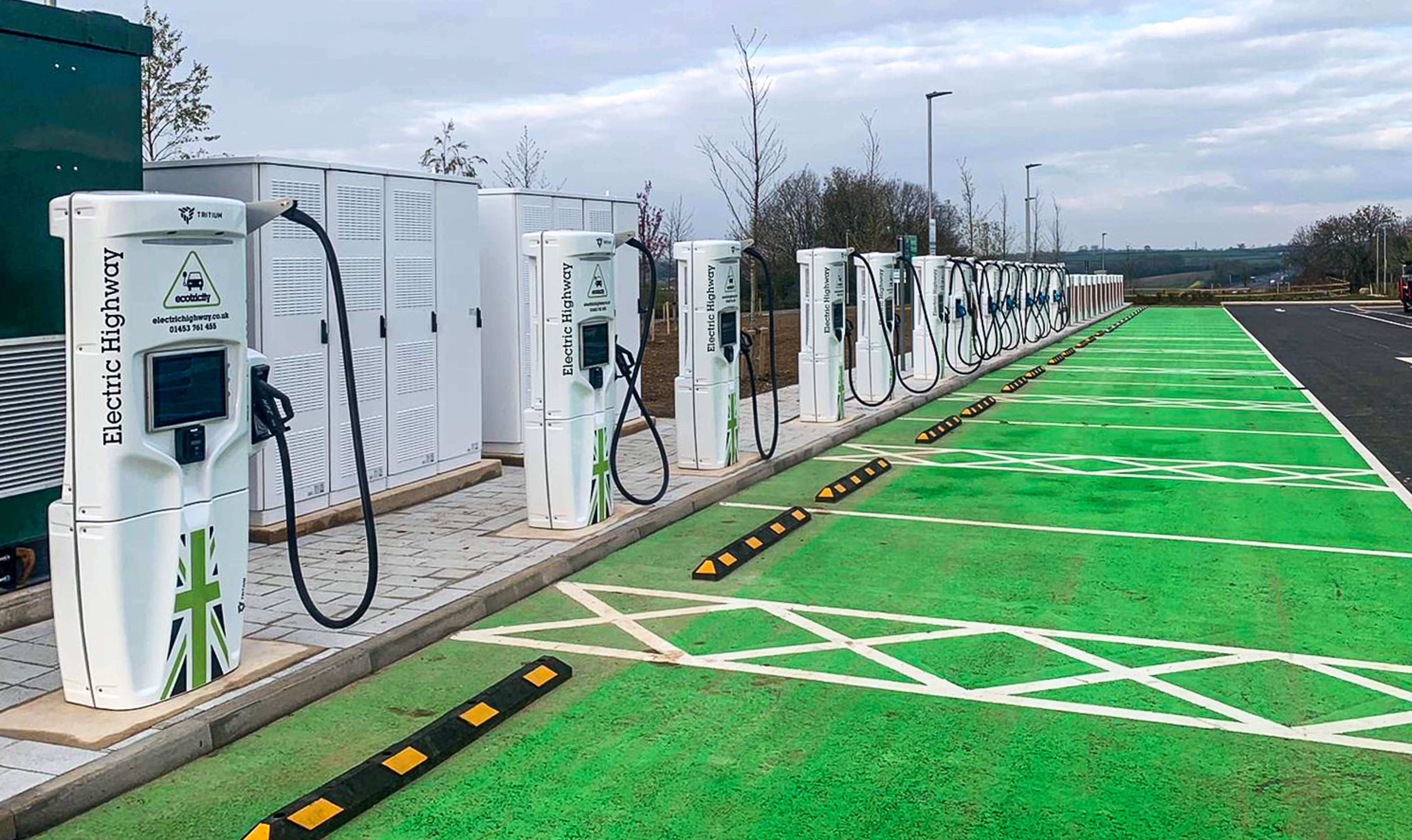
Gridserve is the most reliable electric vehicle (EV) charging network, the results of a driver survey from Engineius suggests.
Speaking to a network of more than 600 self-employed drivers and transport agents to understand their views on the UK EV charging infrastructure, the vehicle delivery company wanted to tap into the personal experiences of drivers using public chargers.
Chris Clibbery, director at Engineius, said: “Owning an EV and charging it at home or your place of work is a very different experience from the nationwide driving/charging experience.
“Our drivers are working to agreed customer delivery times so charging efficiency is essential for them.”.
Out of the 12 brand options presented to the drivers, the winner for reliability was Gridserve followed by Tesla and Instavolt. Geniepoint, Pod Point and BP Pulse were highlighted as the worst.
Drivers also reported that they have up to seven different EV charging apps on their phones to facilitate charging at various geographical locations and brands throughout the UK, with 73% of drivers using more than one app.
According to almost two-thirds (63%) of its drivers, they are likely to be required to wait up to an hour before they can charge their EV, with 15% stating that this can be a one to two-hour wait.
Some 42% of drivers reported a charging time of two hours, one third (33%) reported one hour, while 7% reported it taking four hours or more.
Clibbery continued: “The EV charging infrastructure in the UK is growing and improving, but the need for multiple apps and inconsistencies with speed and reliability at the charging points adds further layers of complexity to EV charging compared to the simplicity of refuelling an ICE vehicle.”



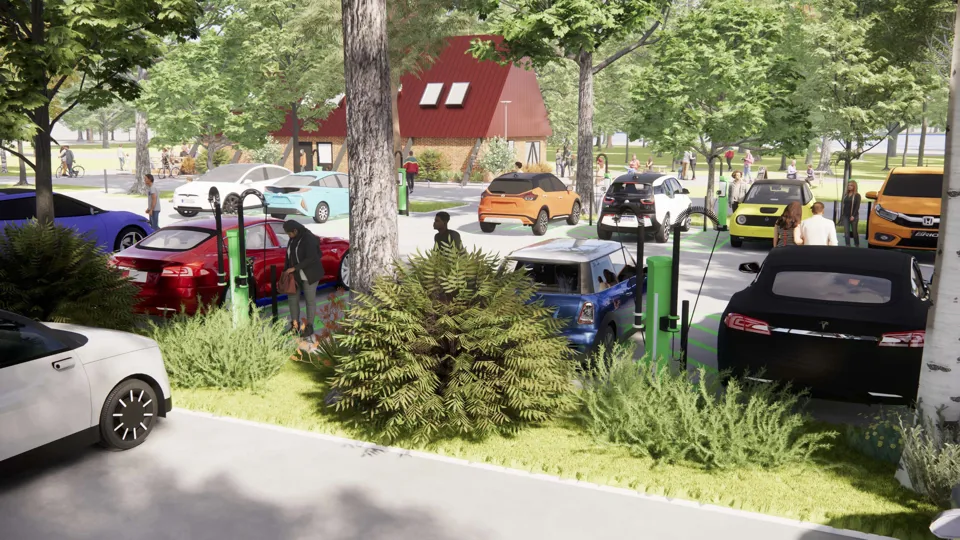
















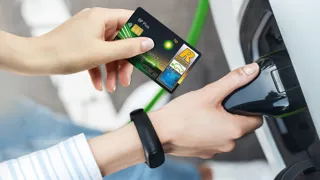
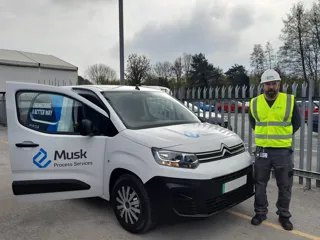
Login to comment
Comments
No comments have been made yet.